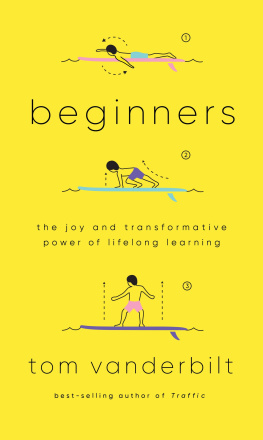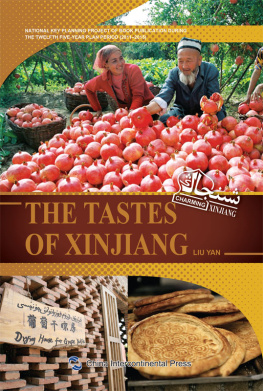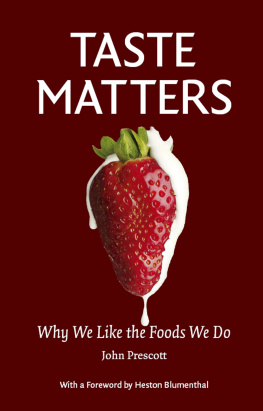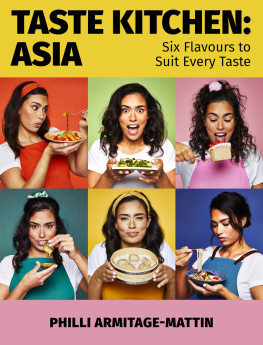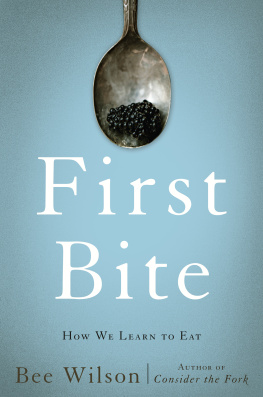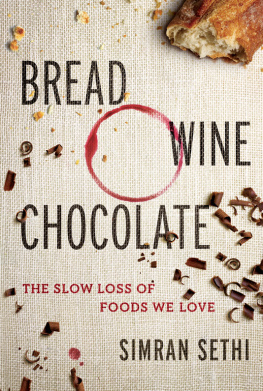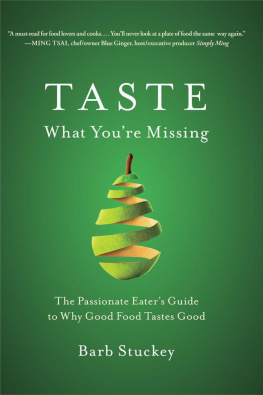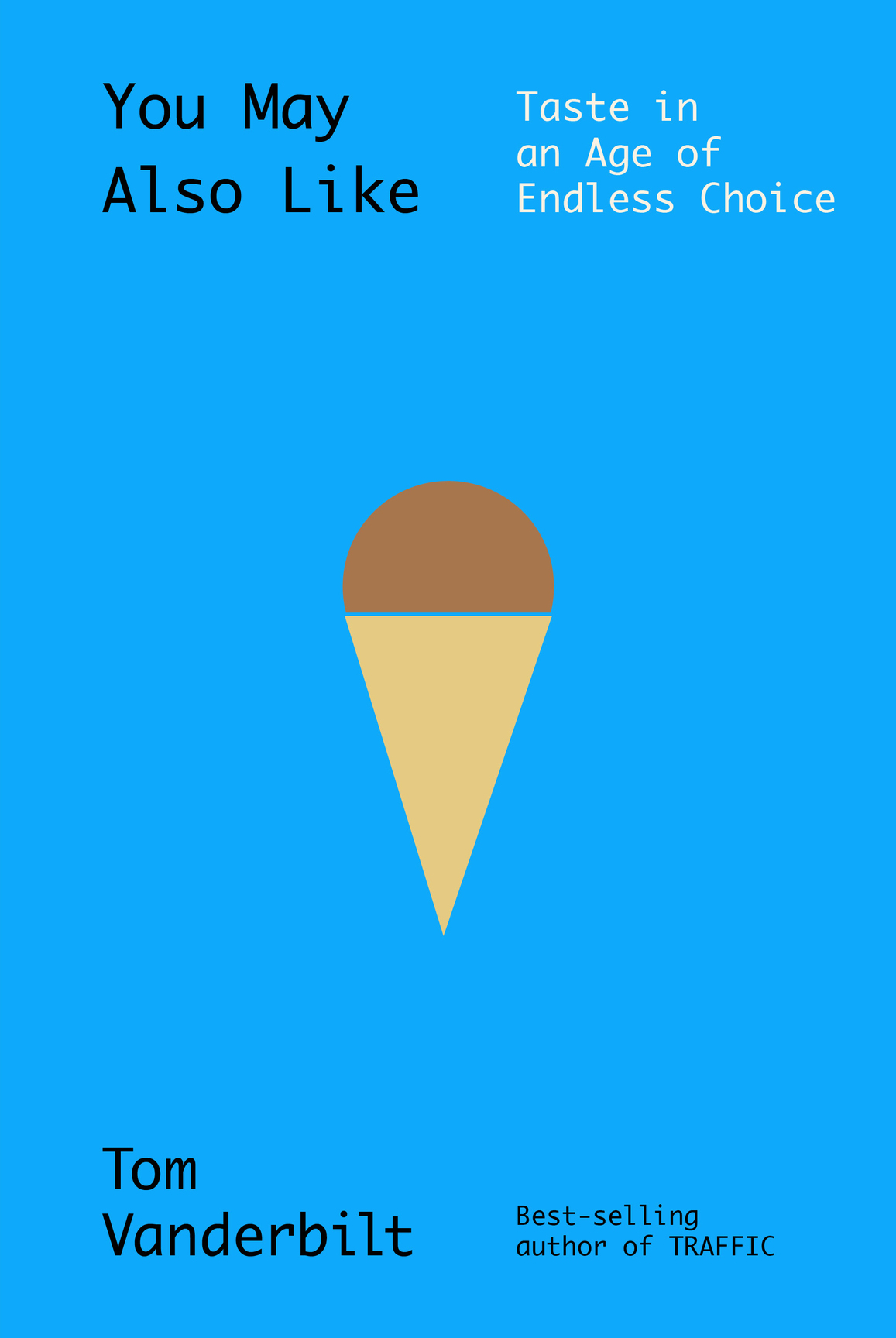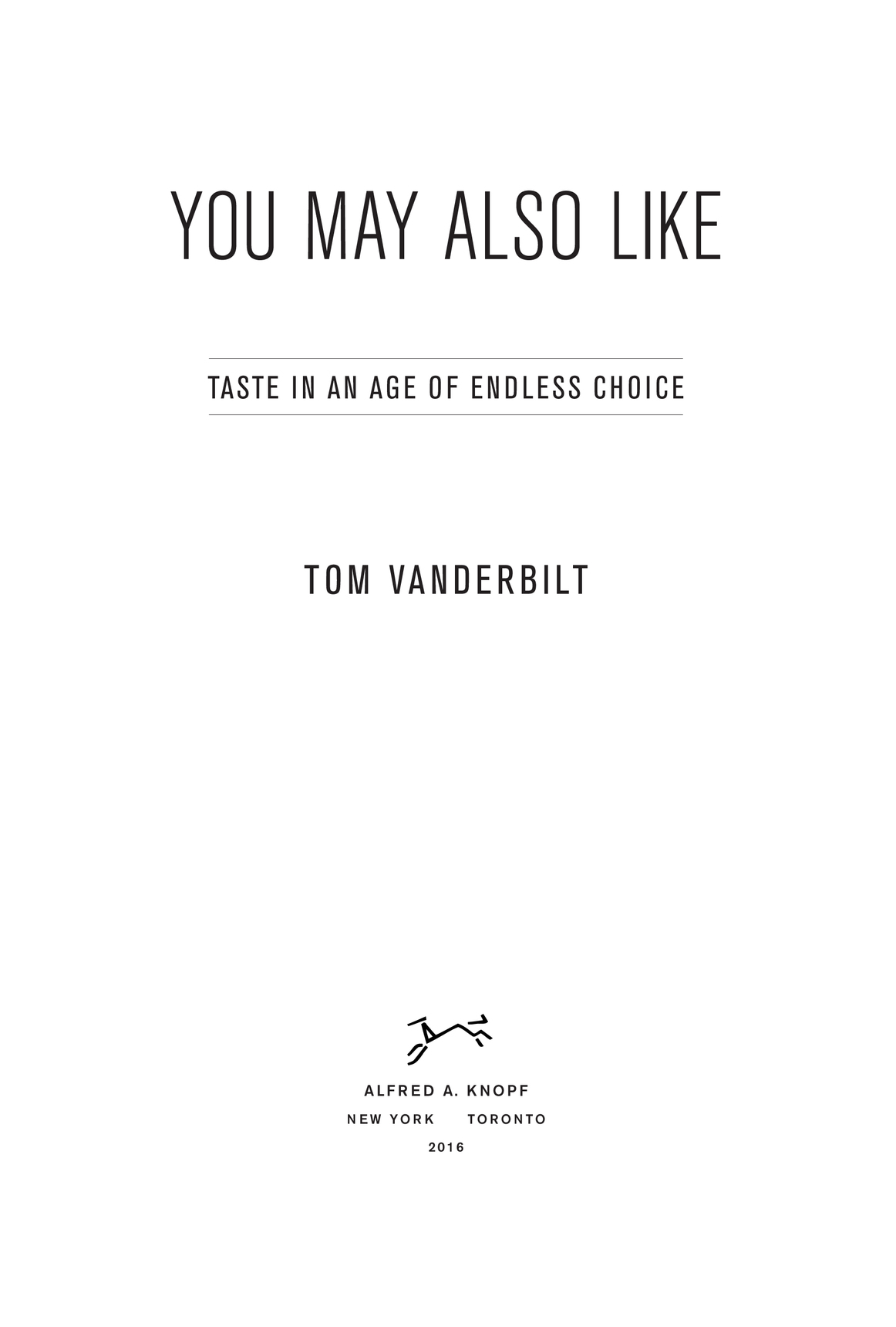Contents
ALSO BY TOM VANDERBILT
Traffic
Survival City
THIS IS A BORZOI BOOK
PUBLISHED BY ALFRED A. KNOPF AND ALFRED A. KNOPF CANADA
Copyright 2016 by Tom Vanderbilt
All rights reserved.
Published in the United States by Alfred A. Knopf, a division of Penguin Random House LLC, New York, and in Canada by Alfred A. Knopf Canada, a division of Penguin Random House Limited, Toronto.
www.aaknopf.com
www.penguinrandomhouse.ca
Knopf, Borzoi Books, and the colophon are registered trademarks of Penguin Random House LLC. Knopf Canada and colophon are trademarks of Penguin Random House Canada Limited.
Portions of this book have appeared in slightly different form in Nautilus, The New Yorker, Slate, Smithsonian, The Wilson Quarterly, and Wired (U.K.).
Library of Congress Cataloging-in-Publication Data
Names: Vanderbilt, Tom, author.
Title: You may also like : taste in an age of endless choice / by Tom Vanderbilt.
Description: First edition. | New York : Alfred A. Knopf, [2016] | Includes bibliographical references.
Identifiers: LCCN 2015026997 | ISBN 9780307958242 (hardcover) | ISBN 9780307958259 (eBook) | ISBN 9781101947661 (open market)
Subjects: LCSH: Choice (Psychology) | Consumers preferences. | AestheticsPsychological aspects.
Classification: LCC BF 611. V 36 2016 | DDC 153.8/3dc23 LC record available at http://lccn.loc.gov/2015026997
Library and Archives Canada Cataloguing in Publication Vanderbilt, Tom, author
You may also like : taste in an age of endless choice /Tom Vanderbilt.
Includes bibliographical references and index.
Issued in print and electronic formats.
ISBN 978-0-307-40262-2
eBook ISBN 978-0-307-40264-6
1. Preferences (Philosophy). 2. Choice (Psychology). 3. Senses and sensation. 4. Consumers preferences. I. Title.
B 105. P 62 V 35 2016 128.3 C 2015-907332-4
ISBN9780307958242
eBook ISBN9780307958259
Cover design by Peter Mendelsund
v4.1
a
TO SYLVIE
FOR WONDERING WHY
CONTENTS
INTRODUCTION
WHATS YOUR FAVORITE COLOR (AND WHY DO YOU EVEN HAVE ONE)?
And you say to me, friends, there is no disputing over tastes and tasting? But all of life is a dispute over taste and tasting!
Friedrich Nietzsche, Thus Spake Zarathustra
Whats your favorite color?
The question came, one morning on the walk to school, from my five-year-old daughter, lately obsessed with favoritesdeclaring hers, knowing mine.
Blue, I said, feeling very much the Western male (the West loves blue, and men love it a bit more than women).
A pause. Why isnt our car blue, then?
Well, I like blue, but I dont like it as much for cars.
She processes this. My favorite color is red. This marks a change. Last week it was pink. On the horizon, green seems to be entering the picture.
Is that why you wore red pants today? I ask.
She smiles. Do you have any red pants?
No, I say. When I lived in Spain, I bought and wore a pair of red pants, because I had noticed Spanish men wearing them. Once I got to New York, where hardly any men wore red pants, they stayed in the drawer. What was mainstream in Madrid was, to my eyes anyway, quite fashion forward in America circa 1991. But I do not explain any of this to her.
You should get a pair of red pants.
You think so?
Nods. Whats your favorite number?
This stops me. Hmmm, Im not sure I have a favorite number. Then I offer, Maybe eight. As I say it, I try to fathom why. Perhaps because as a young child I always thought it was the most fun to write?
Mine is six, she says.
Why?
Furrows brow, shrugs. I dont know. I just like it.
Why do we like the things we like? In our brief conversation, my daughter and I had raised at least five important principles in the science of preferences. First, they tend be categorical: I like blue, just not for cars (and why ever not?). You may like orange juice, just not in cocktails. Second, they are usually contextual. The pants that charmed in Spain did not wear so well in New York. You have probably brought home some souvenir from your travels (espadrilles, a colorful blanket) that delighted in the place of its purchase but now sits in baleful exile in a closet. People buy fewer black cars when it gets hotter and pay more for houses with pools in the summertime. Third, they are often constructed. When asked for my favorite number, a digit swam into my head first, dragging in its wake possible explanations. Fourth, they are inherently comparative. Even before infants can talk, they seem more drawn to those who share their taste than those who do not. In one elegantly constructed (and no doubt fun to watch) study, infants first chose one of two foods. Then puppets were shown either liking or disliking those same foods. When the puppets were presented to the infants, the young research subjects tended to reach for the ones who liked the food they liked. Maddeningly, however, tastes are rarely congenital: However we may try to influence them, however much genetic material we share, children rarely match parental preferences in anything.
My daughter and I ended the conversation with the most familiar fact of all about tastes and preferences: They can be devilishly hard to explain. Nearly three centuries ago, the philosopher Edmund Burke, in one of the first thoroughgoing essays on taste, complained that this delicate and aerial faculty, which seems too volatile to endure even the chains of a definition, cannot be properly tried by any test, nor regulated by any standard.
People struggling to understand taste have sometimes suggested there is nothing to explain. As the Nobel Prizewinning economists George Stigler and Gary Becker controversially argued, No significant behavior has been illuminated by assumptions of differences in taste. Because any behaviormy daughters fondness for the number sixcould simply be attributed to a private preference, preferences could seem to explain everything and therefore nothing. Arguing over tastes, Stigler and Becker suggested, would be like arguing over the Rocky Mountains: Both are there, will be there next year, too, and are the same to all men.
But the Rocky Mountains are changing, as one economist noted, just not at a speed one can discern. As psychologists, increasingly aided by neuroscientists, have shown, in study after study, tastes change, often in the course of a single experiment: We like food more when a certain music is played; we like a certain music less when we learn some insalubrious fact about its composer.
Our tastes seem endlessly adaptive, in the word favored by the influential Norwegian political theorist Jon Elster. Using the fable of sour grapes, in which the hapless fox, unable to reach a bunch of grapes he clearly desires, labels them sour, Elster noted that rather than simply move on to his next preferred choiceas rational choice theorists might have itthe fox retroactively downgrades the grapes. The grapes were not sour, nor did the fox lose his overall taste for grapes. Preferences, Elster argued, may also be counter-adaptive: Not being able to get the grapes, in a different situation, might have only increased the foxs desire to have them. In both cases, the preference seems shaped by the constraints of the moment, and the question looms: What is the foxs


